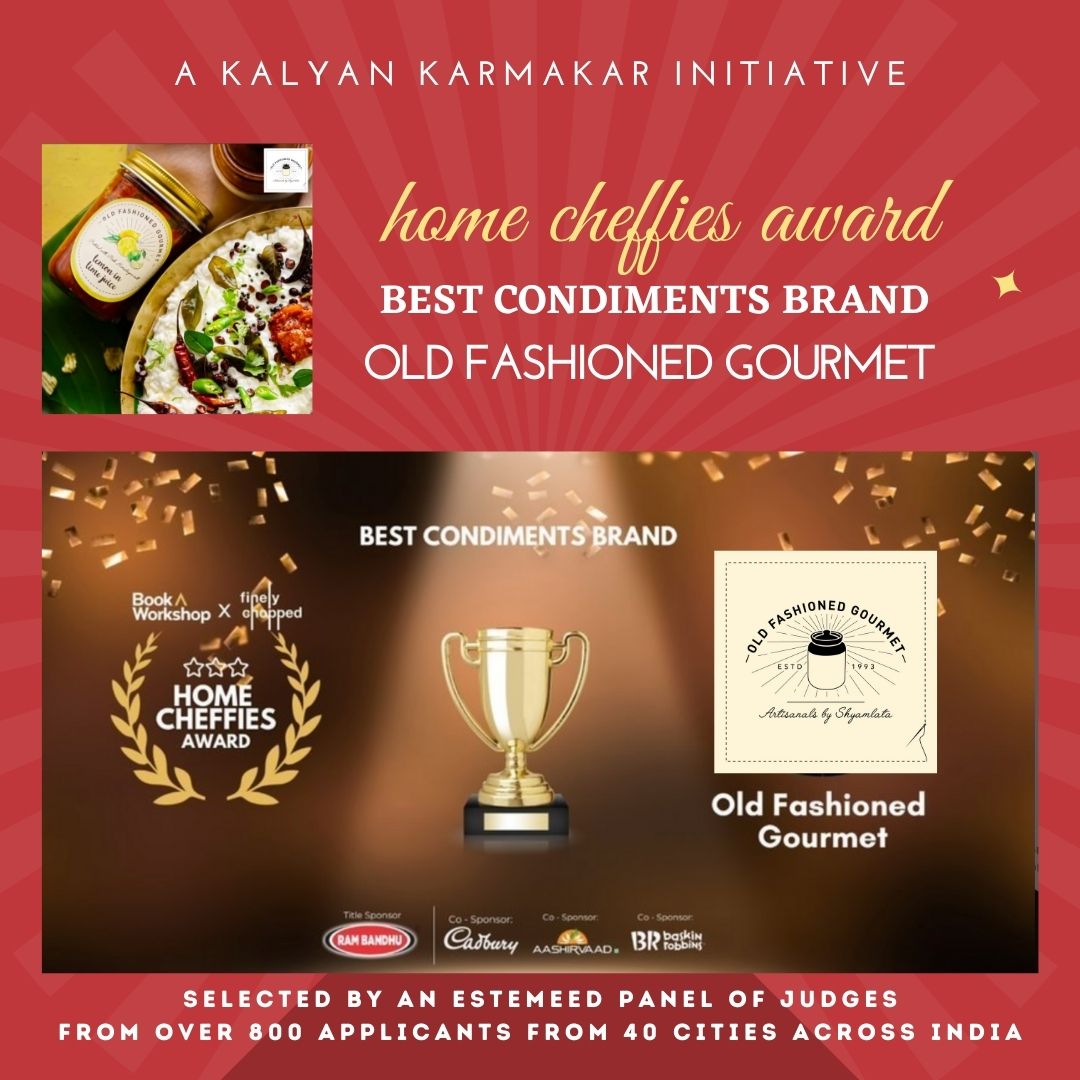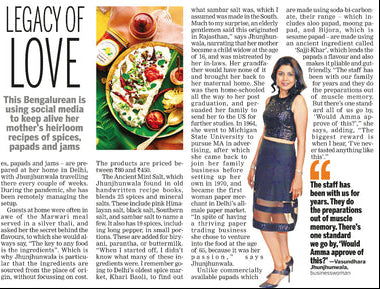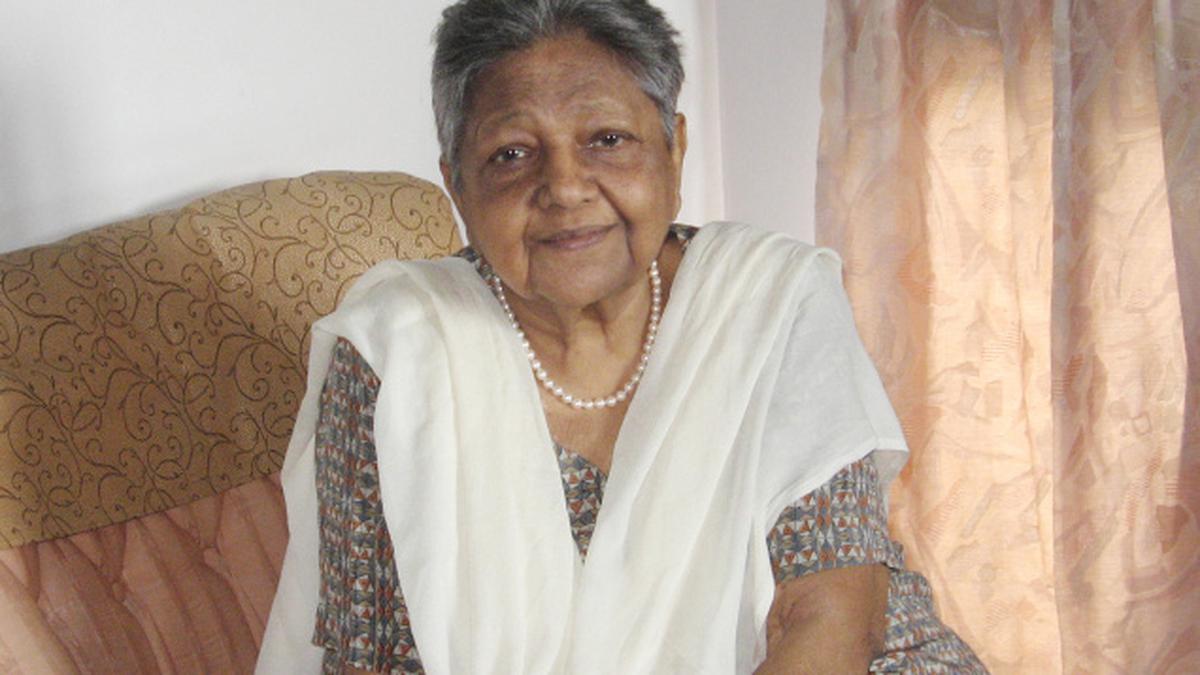
Vogue India
10 regional and artisanal Indian pickles that you should add to cart now
Pickles have this unique ability to change an ordinary meal into an exciting one. In no time, a plain ghee-doused paratha can become a delicious lunch when a dollop of garlic pickle is added to it. A simple bowl of dahi-chawal becomes special with a touch of kachchi kairi....

Femina
How’s Your Favourite Home Chef Doing?
The first-ever Home Cheffies Power Brand Awards celebrated the uniqueness of home chefs in 40 cities across India Ever since COVID-19 invaded our homes in 2020, life has been condensed to a home-bound existence – at least for sensible people like you and us....

the hindu
Find your flavour: a guide to heirloom spice mixes
During last year’s lockdown, the owners of Matamaal, the Kashmiri Pandit restaurant in Gurugram, realised that people were craving their dishes like rogan josh and yakhni curry. “We started thinking of something that can be easily made at home,” says chef and director Nalini Sadhu, who came up with the Rogan Josh Spice....

new indian express
Legacy of love
This Bengalurean is using social media to keep alive her mother’s heirloom recipes of spices, papads and jams...

The Hindu
Mistress of spices
A catchy line on a host of pickles and squashes piques my interest: “Old Fashioned Gourmet”. Further probing reveals a passionate lady — Shyam Lata Sihare, fondly calledAmma, who was behind the products. When I call, Shyam Lata says, “Aap aayiye, hamareproductschakiye aur phir achha lage to likhiye.”...
